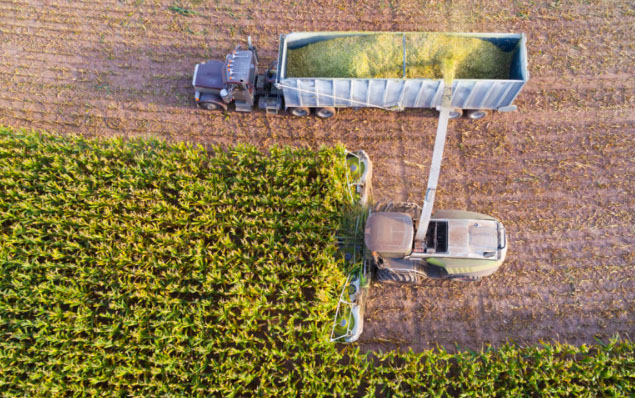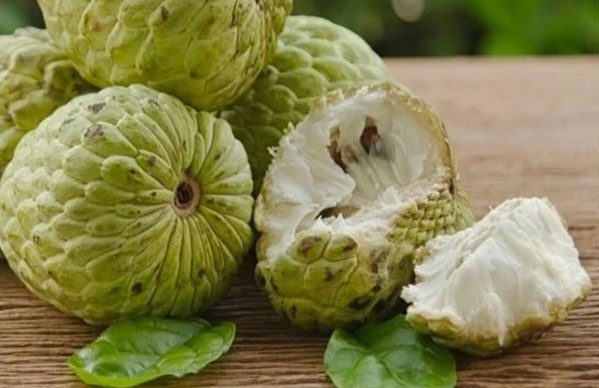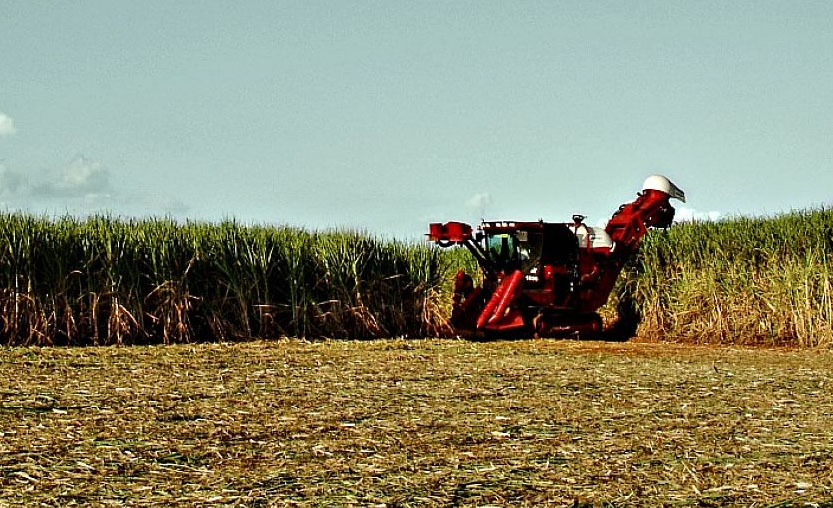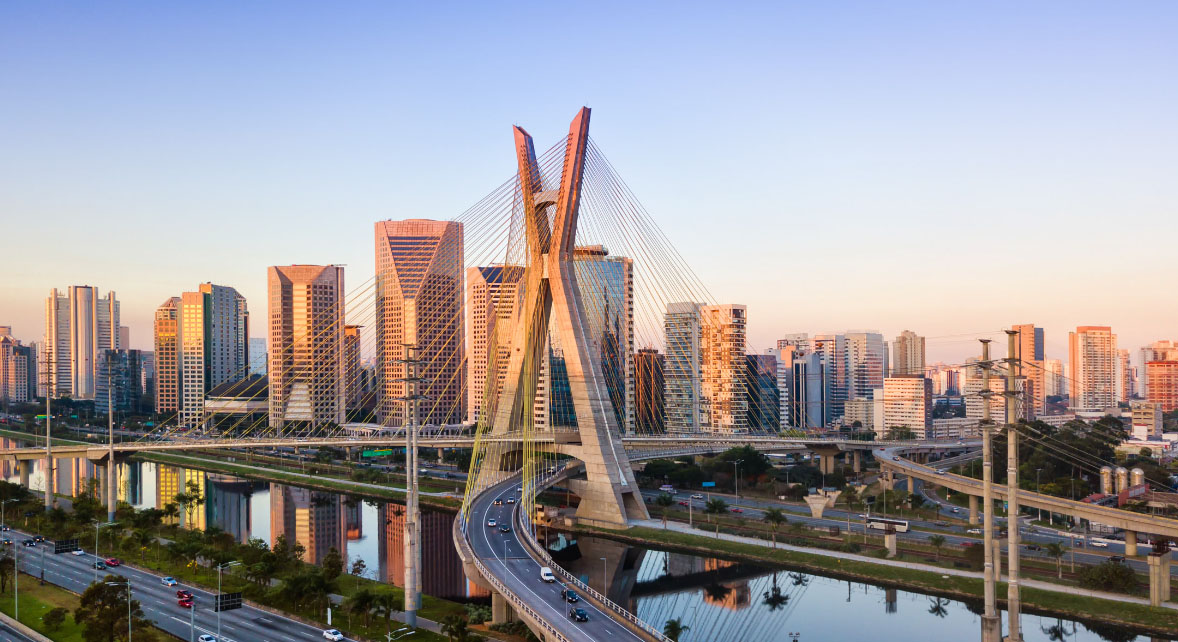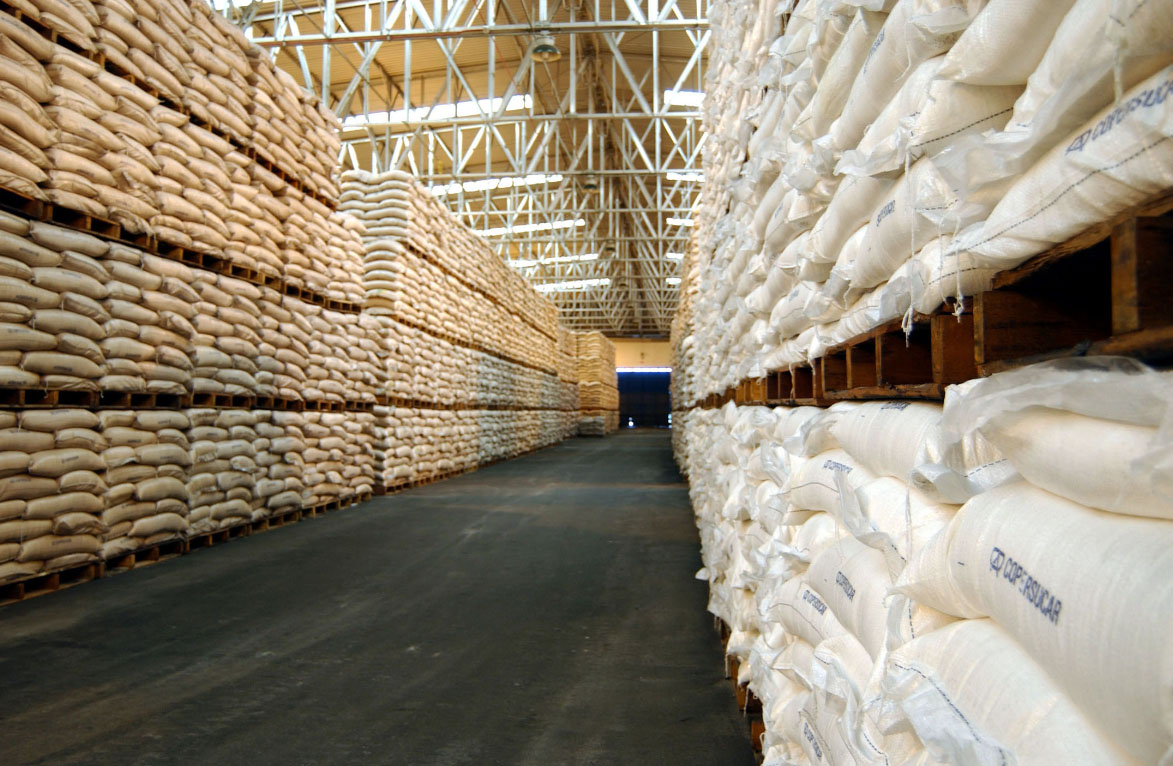Brazil,
often called the “Sugar Bowl of the World,” is a global giant in
sugar production. The country’s dynamic sugar market is a fascinating mix of
tradition and modernity, driven by a rich history and global demand for this
sweet commodity. In this blog post, we’ll take a journey into the heart of the
sugar market in Brazil, exploring its historical roots, current landscape, and
the key factors that shape one of the world’s largest sugar industries.
The Sugar
Market in Brazil: A Historical Overview
Colonial
Origins: The history of the sugar market in Brazil traces back to the early
colonial era when sugarcane was introduced by Portuguese settlers.
Economic
Impact: Sugar has long been a cornerstone of Brazil’s economy, driving commerce
and shaping the nation’s destiny.
The Sugar
Market Today
Global
Dominance: Brazil is a global leader in sugar production, consistently ranking
as one of the largest sugar producers in the world.
Variety of
Products: In addition to traditional sugar, Brazil produces ethanol, a critical
component of the biofuel industry, further diversifying its presence in the
global market.
Factors
Influencing the Sugar Market
Sugarcane
Farming: The success of the sugar market depends on the sugarcane harvest,
which is influenced by weather conditions, pest control, and technological
advancements.
Global
Demand: The sugar market in Brazil is inextricably linked to international
demand, with shifts in consumption patterns and trade agreements impacting
production and prices.
Sustainability
and Environmental Responsibility
Sustainable
Practices: Many Brazilian sugar producers are adopting sustainable farming
practices, reducing water consumption, and implementing environmental
conservation measures.
Biodiversity
Conservation: Some sugarcane farms prioritize biodiversity conservation,
preserving natural ecosystems surrounding their fields.
Challenges
and Opportunities
Market
Fluctuations: The sugar market is influenced by factors such as global sugar
prices, market demands, and competition from alternative sweeteners.
Innovation:
Technological advancements and innovative farming practices offer opportunities
for growth and improved sustainability.
Brazilian
Sugar Exports
Global
Reach: Brazil exports a substantial amount of sugar to international markets,
particularly to countries in Europe, Asia, and the Middle East.
Quality
Assurance: Brazilian sugar is renowned for its quality, consistency, and
adherence to international standards, making it a preferred choice for buyers
worldwide.
Conclusion
The sugar
market in Brazil is a dynamic and influential force, driving economic growth,
shaping global trade, and embracing sustainability. With deep historical roots
and a commitment to innovation, Brazil’s sugar industry remains a vital
contributor to the nation’s economy and a cornerstone of its cultural heritage.
As the industry continues to evolve, it faces both challenges and
opportunities, offering a glimpse into the sweet future of Brazil’s sugar
market.

